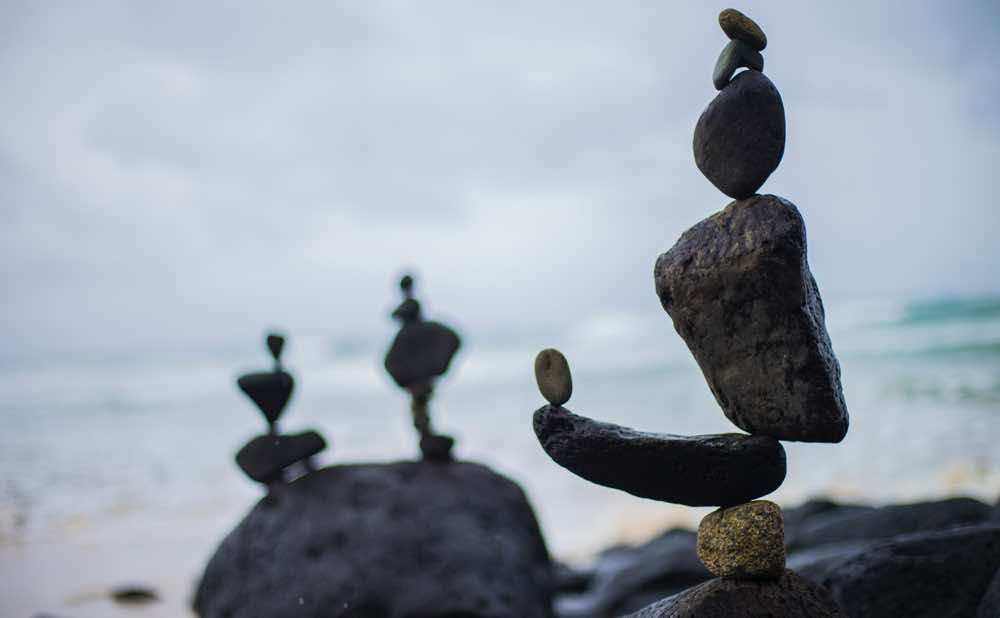Management consulting is widely known as a highly intense industry. Much is expected of consultants in terms of hours of work, quality of output, and responsiveness to client requests. The sheer intensity of the industry is a big reason why many consultants end up burning out within 2 years, opting to exit into more relaxed roles such as head of strategy at a startup, or venture capital.
So, how can one continue to excel in the pressure cooker environment of consulting without losing momentum and sanity?
The Challenges of Work-Life Balance
Today, there is an increasing emphasis on work-life balance and consultants are fighting to reduce their number of working hours to more reasonable levels. While this should help to reduce the strain on consultants and prolong their expected career lifespan, there is more to work-life balance than reducing the number of hours spent in the office.
In fact, work-life balance can be very difficult to realistically achieve in the technologically enabled world we live in today. Even if you’re technically off the clock, you might still experience pressure to respond to emails or messages on Teams. This can sap your mental energy slowly but surely by making you feel as if you’re alwayson call; that work is always looming over your shoulder. In scenarios like this, your number of active working hours is not really a useful measure of work-life balance because even when you’re not working, you feel like you are.
The takeaway here is that while it’s often impossible to achieve ideal work-life balance, consultants can nonetheless concentrate on attaining harmony in their lives by pursuing balance in their career, relationships, personal interests, health, and spiritual fulfilment. Collectively, this is what I mean by balance in life.
Pursuing Balance in Life
Setting limits is one strategy for pursuing balance in life. With their clients and coworkers, consultants might set up clear expectations that specify their working hours. By doing this, they can make sure that they have adequate time to meet their other obligations to family, friends, themselves, as well as other pursuits that can help them unwind and recharge.
1. Setting Boundaries
Setting boundaries and logging off is one key strategy for pursuing balance in life. Firms are becoming increasingly understanding of the demanding nature of consulting, and accepting clear boundaries that respect the life that people have outside of work. Consultants might set up clear communication standards with their clients and coworkers specifying their availability for after-hours work. By creating artificial limits on ones availability, this forces both clients and coworkers to communicate more clearly and to operate more efficiently with the time available.
2. Prioritizing Self-Care
Prioritizing self-care is another strategy for attaining balance. It’s crucial for consultants to look after their physical and mental health, which includes getting enough rest, engaging in physical exercise, eating right, and scheduling time for relaxing pursuits like meditation, yoga, and time spent in the outdoors.
Self-care doesn’t have to be as time-consuming as you might imagine. Instead of a 2-hour post-dinner run, a few relaxed, unplugged 5-minute walks throughout the day might do wonders. Taking 2 minutes after a meeting to do some deep breathing and stretch your arms and legs can help you to feel present and centred. This will rejuvenate your body and is much less time-consuming than swiping through Instagram. It is an utter myth that you are too busy for self-care. It is so unbelievably easy and convenient if you can just be intentional about it.
Self-care also extends to engaging in activities with others. It’s critical for consultants to keep up a solid support network. This might include close friends, relatives, or even co-workers who can provide emotional support and guidance through the difficulties of the consulting business. Hanging out with people you love and care about can give you the fuel to do your best work each day.
3. Seeking Personal Growth
It is also advantageous for consultants to look for chances for personal development. This could entail looking at educational options or discovering new interests and hobbies. Consultants can improve their professional performance and become more well-rounded by making an investment in personal development outside of the office.
You can think beyond merely going to professional courses to hone your technical skills on things like financial modelling or stakeholder management. Go to a pottery class! Learn some break dancing! Try out stand-up comedy! These non-work-related growth opportunities can help to remind you that life is so much more than just work and that there is room for your passions if you make the room. At the end of the day, these hobbies will help you hone different kinds of skills that might end up being highly relevant to your job as a consultant. For example, learning to be attuned to your stand-up comedy audience might help you relate better during client presentations.
The Bottom Line
While maintaining a healthy work-life balance is important, consultants can gain from pursuing other types of balance in their lives. Consultants may attain balance in many areas of their lives, improving their performance and well-being in the process by setting boundaries, prioritizing self-care, and seeking personal growth. In the end, maintaining healthy balance in life can help consultants flourish in the high-stress atmosphere of the consulting industry without sacrificing their longevity in the field — or their sanity.
Lucas Foo is a Philosophy and Linguistics Undergraduate at the University of Oxford. He enjoys drawing insights from ambiguity to create real and positive impact.
Image: Pexels
Follow us now on LinkedIn.
